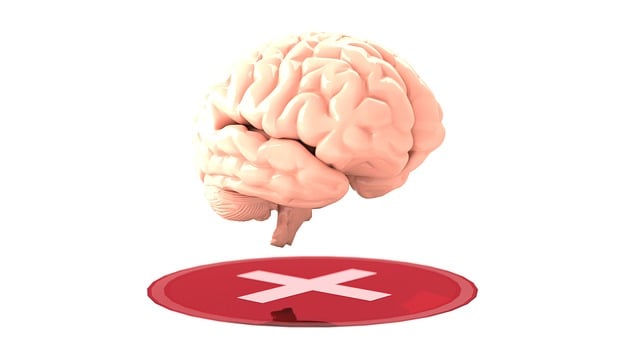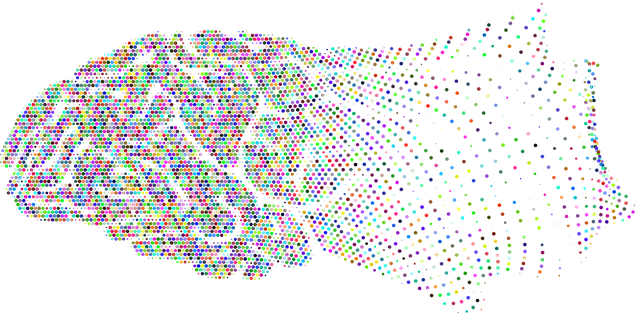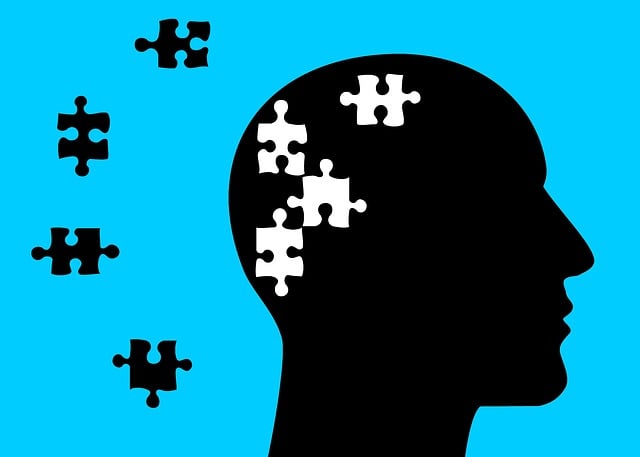In today's digital era, mental wellness apps are transforming therapy access for children by addressing emotional and psychological needs early on. Developers can create effective solutions targeting children through understanding their unique challenges, filling gaps in services like limited therapy access or insufficient psychological testing. A nuanced marketing approach, highlighting app benefits for both children and healthcare providers, is crucial for standing out in a competitive market. This includes utilizing multi-channel strategies and integrating educational resources, success stories, and clinical updates. Measuring success through robust analytics tools and user feedback ensures continuous app enhancements to better meet users' needs, including therapy for children and psychological testing services.
In today’s digital age, mental wellness apps offer a promising approach to support children’s psychological well-being. This article provides a comprehensive guide to crafting an effective marketing strategy for such apps. We explore key aspects, from understanding the unique needs of young users and their guardians through psychological testing, to differentiating your app from traditional therapy. Learn how a multi-channel marketing approach can reach parents, educators, and healthcare professionals, and discover best practices for measuring success and iterative improvement.
- Understanding Your Target Audience: Identifying Needs and Gaps in Children's Mental Health
- Crafting a Unique Value Proposition: Differentiating Your App from Traditional Therapy
- Multi-Channel Marketing Approach: Reaching Parents, Educators, and Healthcare Professionals Effectively
- Measuring Success and Iteration: Analytics, User Feedback, and Continuous Improvement for Optimal App Performance
Understanding Your Target Audience: Identifying Needs and Gaps in Children's Mental Health

In today’s fast-paced world, mental wellness among children has become a pressing concern. Parents and educators are increasingly recognizing the importance of addressing emotional and psychological needs at an early stage. By understanding the unique challenges faced by children, app developers can tailor their marketing strategies to offer effective solutions. Identifying gaps in current services, such as limited access to therapy for children or insufficient psychological testing, allows for the creation of apps that fill these voids.
Targeting this demographic requires a nuanced approach. Marketing efforts should highlight how apps can foster mental health awareness and emotional intelligence in children. Emphasizing burnout prevention strategies for healthcare providers can also be effective, as it addresses a critical aspect of supporting young minds. Through compelling messaging, app developers can showcase their products as valuable tools for both children and the professionals dedicated to their well-being.
Crafting a Unique Value Proposition: Differentiating Your App from Traditional Therapy

In today’s digital era, mental wellness apps are reshaping how we access and perceive therapy. To stand out in a crowded market, crafting a unique value proposition is paramount. Differentiating your app from traditional therapy involves highlighting its specific strengths and target audience. For instance, many mental wellness apps focus on providing accessible emotional intelligence tools, enabling users to self-assess and manage their psychological well-being. This approach empowers individuals to take an active role in their mental health journey, complementing but not replacing professional care.
By targeting a niche audience such as children or adolescents, your app can offer specialized therapy sessions tailored to their developmental stages. Incorporating features for parental monitoring and collaboration ensures a holistic approach, fostering open communication about mental health. Moreover, integrating psychological testing tools allows for personalized risk assessments, enabling early intervention strategies. This not only complements the services of mental health professionals but also contributes to burnout prevention strategies for healthcare providers by augmenting care coordination and outcomes.
Multi-Channel Marketing Approach: Reaching Parents, Educators, and Healthcare Professionals Effectively

Reaching a broad audience interested in mental wellness for children requires a multi-channel marketing approach that effectively targets parents, educators, and healthcare professionals. These stakeholders play pivotal roles in recognizing the importance of early intervention and promoting healthy emotional development.
Utilize diverse channels such as social media platforms, email newsletters, online forums, and industry partnerships to disseminate information about therapy for children and psychological testing services. Tailor content specific to each audience segment—for instance, providing educational resources and success stories for parents, offering professional development webinars for educators, and sharing clinical updates with healthcare providers. Incorporating discussions around emotional regulation, cultural sensitivity in mental healthcare practice, and the benefits of mental wellness coaching programs can further resonate with these target audiences, fostering a comprehensive understanding of modern child psychology and treatment options.
Measuring Success and Iteration: Analytics, User Feedback, and Continuous Improvement for Optimal App Performance

Measuring success is paramount in any app marketing strategy, especially for mental wellness apps targeting children. By integrating robust analytics tools, developers can track key performance indicators (KPIs) such as user engagement rates, retention levels, and completion of therapeutic modules. These insights reveal what’s working and where improvements are needed. For instance, high drop-off rates during the initial screening process might indicate a need for better onboarding or more intuitive navigation.
User feedback is another powerful metric. Incorporating surveys, in-app comments, and review systems allows parents and children to voice their experiences, suggesting features they find beneficial or areas of frustration. This continuous improvement loop ensures the app evolves to meet its users’ needs effectively, be it providing additional resources for Anxiety Relief, refining Social Skills Training modules, or enhancing techniques for Emotional Well-being Promotion.
Developing a robust marketing strategy for your mental wellness app involves understanding your target audience’s unique needs, crafting a compelling value proposition that sets you apart from traditional therapy methods, and adopting a multi-channel approach to reach parents, educators, and healthcare professionals. By focusing on these key aspects and continuously measuring success through analytics and user feedback, you can optimize your app’s performance and make a significant impact in children’s mental health support. Incorporating SEO keywords like “therapy for children” and “psychological testing” naturally will enhance your online visibility, ensuring your app reaches those who need it most.














